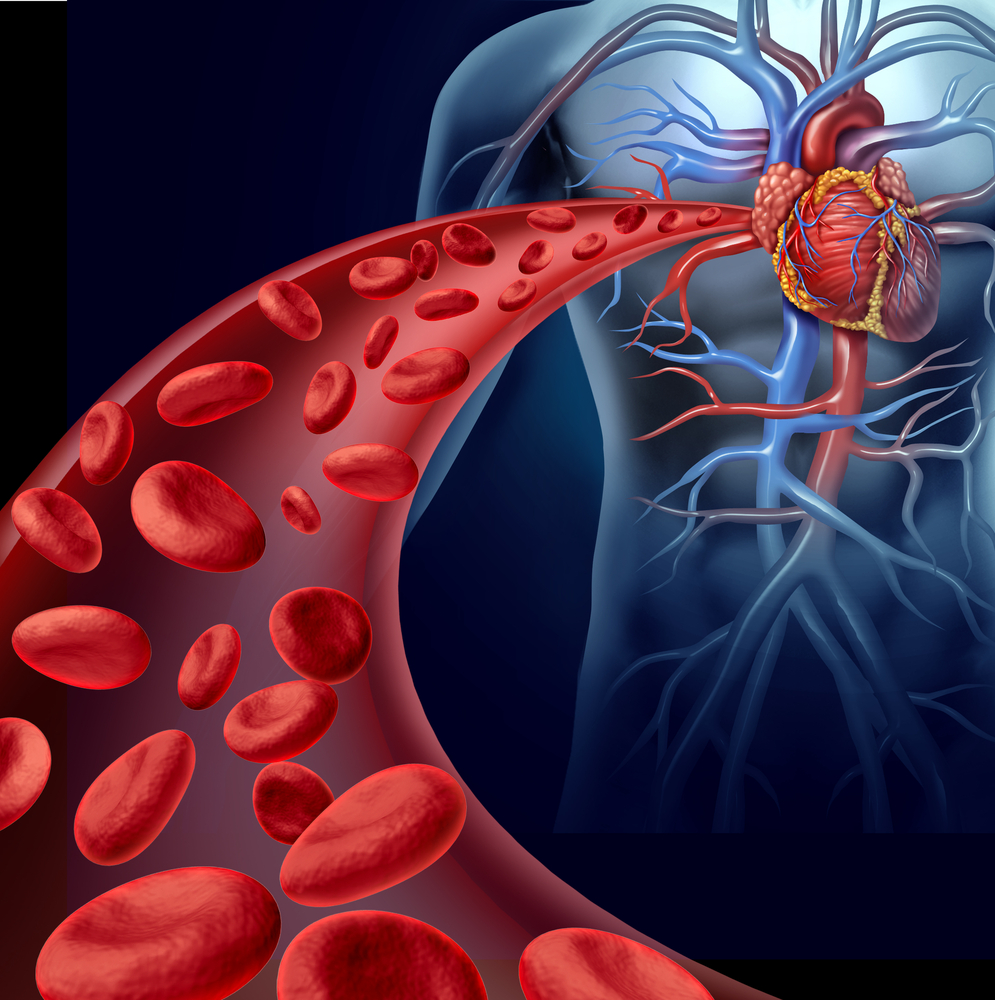A new multi center international trial called REPRIEVE  has begun to enroll in order to assess if statins can decrease the risk for major cardiovascular effects including strokes, heart disease and heart attacks in individuals infected with HIV. The trial is funded by the National Institutes of Health’s National Heart, Lung, and Blood Institute (NHLBI) and National Institute of Allergy and Infectious Diseases (NIAID).
has begun to enroll in order to assess if statins can decrease the risk for major cardiovascular effects including strokes, heart disease and heart attacks in individuals infected with HIV. The trial is funded by the National Institutes of Health’s National Heart, Lung, and Blood Institute (NHLBI) and National Institute of Allergy and Infectious Diseases (NIAID).
REPRIEVE is the largest randomized trial to date looking at cardiovascular disease events related to HIV. Investigators will test if statins can reduce the development of plaque (atherosclerosis) and also to improve cardiovascular clinical outcomes in patients with HIV. The trial is also aiming to inform the best clinical method to prevent cardiovascular disease in people with HIV.
Evidence shows that people infected with HIV are two times more prone to have cardiovascular problems than people without the infection, even after adjusting for known risk factors such as smoking, high blood pressure and high cholesterol. Nevertheless, there is a lack of studies assessing the effectiveness of treatments aiming to decrease the risk of cardiovascular disease in people affected with HIV.
Statins are effective in lowering the levels of cholesterol, and are also claimed to be effective in lowering the risk of major adverse cardiovascular events in people without HIV.
Because of antiretroviral therapy, people with HIV now live much longer. In this regard it is vital to help them prevent cardiovascular disease, improve their longevity and their quality of life. “I am delighted that NHLBI and NIAID have joined forces to foster cross-disciplinary collaboration between cardiovascular and HIV researchers so that we can improve the lives of millions of people world-wide living with HIV and reduce the burden of cardiovascular disease,” said NHLBI Director Gary H. Gibbons, M.D. in a recent news release.
People with HIV have higher risk for cardiovascular disease because HIV causes inflammation, resulting in activated immune cells, contributing to atherosclerosis, and leading to cardiovascular disease. In addition, antiretroviral therapy causes an increase in the levels of cholesterol, again contributing to cardiovascular disease risk. Moreover, the rates of some established risk factors for cardiovascular disease, such as smoking, are also superior in the HIV-infected population.
“Research suggests that cholesterol-lowering statins may inhibit immune cell activation and inflammation and shrink arterial plaque,” said NIAID Director Anthony S. Fauci, M.D. “Therefore, these medications provide an intriguing possibility for improving cardiovascular outcomes in people with HIV.”
Researchers from the Massachusetts General Hospital/Harvard Medical School (Steven Grinspoon, M.D. and Udo Hoffmann, M.D., M.P.H.), Harvard School of Public Health (Heather Ribaudo, M.D.) and Duke University (Pamela Douglas, M.D.) will conduct the trial in partnership with the NIH-funded AIDS Clinical Trials Group (ACTG).
The researchers are aiming to involve about 100 research sites in Puerto Rico, United States, Canada and Thailand. The goal is to randomize about 6,500 people with HIV, aged between 40 to 75 years, who do not meet criteria for statin therapy to either a daily dose of pitavastatin or to a placebo. Participants will still continue taking their antiretroviral therapy. Pitavastatin was chosen as it is a statin that induces minimal interactions with HIV drugs.
Participants will be followed up for 6 years in order to evaluate if they develop any adverse cardiovascular events. REPRIEVE will also assess the safety of statins, looking at immunologic parameters, cholesterol levels and other outcomes such as, recent-onset of diabetes.
The researchers will also assess the effects of pitavastatin in inflammatory biomarkers and in coronary artery disease in a sub-study that will involve 800 HIV participants. Despite the fact that the study is looking at HIV infected individuals, it will provide information on the role of inflammation in the development of atherosclerosis, which is of great relevance for all individuals suffering from cardiovascular disease.


